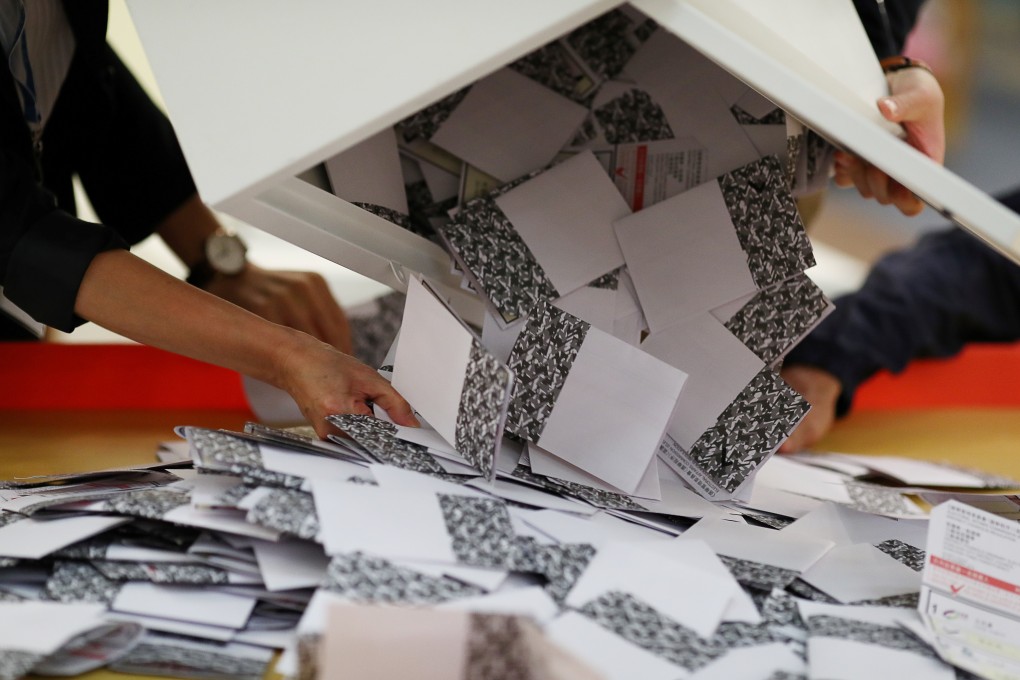Editorial | New Hong Kong electoral offence risks backfiring amid ‘blank vote’ furore
- Proposed three years in jail for those who incite others not to cast their ballots has raised the political stakes at a time when voting is purely a personal choice and should be respected

With Hong Kong becoming even more divided in the wake of the electoral revamp, there is a possibility that a considerable number of voters may shun the ballots in protest against the changes they disapprove of. The proposed three years in jail for anyone publicly inciting others to boycott elections has raised the stakes even higher.
The new offence is apparently yet another tactic to keep the political risks to the minimum, but it may well backfire if it is not carefully thought through.
That the “blank vote” row has stood out from the contentious shake-up is telling in itself. Evidently, there are those who support Beijing’s move to shut out those not considered “patriotic” from public office, but others see it as simply a heavy-handed approach to cripple the opposition.
There is so little opponents can do that their only response is probably to vote with their feet and, when even that is to be banned, the frustration can be imagined.
Clarifications that the new offence does not target individual voting behaviour are to be welcomed, but the legislative intention is clear. Those who manipulate, jeopardise or sabotage elections will be liable to a maximum jail term of three years.

